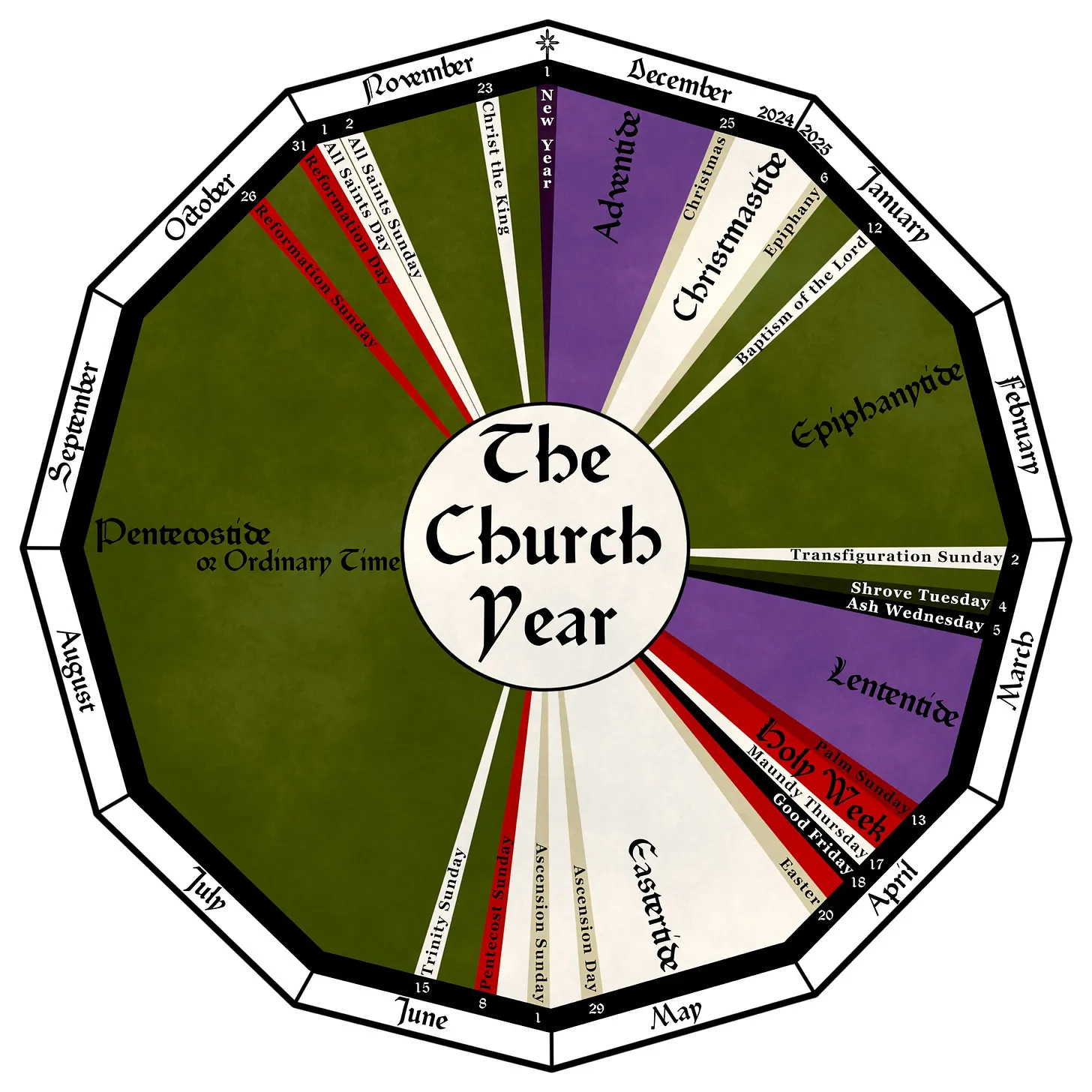
Theophany
A Theophany is “a visible appearance of God to humans,” according to the Lexham Bible Dictionary. If we take this definition, then there are numerous occasions of this in the Old Testament:
The Burning Bush: God appeared to Moses in the form of a burning bush that was not consumed (Exodus 3:2-6).
Pillar of Cloud and Fire: God led the Israelites through the wilderness as a pillar of cloud by day and a pillar of fire by night (Exodus 13:21-22).
Mount Sinai: God descended upon Mount Sinai in fire, smoke, and thunder (Exodus 19:16-20).
Abraham at Mamre: The Yahweh appeared to Abraham in the form of three men (Genesis 18:1-15).
Jacob's Wrestling Match: Jacob wrestled with a "man" who was later identified as God (Genesis 32:24-30).
Commander of the Lord's Army: Joshua encountered the commander of the host of Yahweh near Jericho (Joshua 5:13-15).
Appearance to Samson's Parents: The Angel of the Yahweh appeared to Manoah and his wife (Judges 13:3-23).
These instances are God appearing to humans in the broadest sense, with no distinction between a Theophany and a Christophany. A Christophany is an appearance of the pre-incarnate Christ to men.
Incarnation
The significance of Christ’s birth in the context of Theophany cannot be overstated. Paul says,
“See to it that no one takes you captive through philosophy and empty deception, according to the tradition of men, according to the elementary principles of the world, and not according to Christ. For in Him all the fullness of Deity dwells bodily, and in Him you have been filled, who is the head over all rule and authority; in whom you were also circumcised with a circumcision made without hands, in the removal of the body of the flesh, in the circumcision of Christ, having been buried with Him in baptism, in which you were also raised up with Him through faith in the working of God, who raised Him from the dead.” (Colossians 2:8-12)
Christ is the image of God to man. In him dwells the fullness of Deity bodily, quite a statement! John says,
“And the Word became flesh, and dwelt among us, and we beheld His glory, glory as of the only begotten from the Father, full of grace and truth.” (John 1:14)
How can men see God? The God who is incomprehensible, immense, and transcendent. The God who we can only understand by way of analogy, anthropomorphically, and never fully. The answer is, in Jesus Christ. Jesus is the ultimate Theophany. He is the fullest expression of God to man that can be expressed, for He Himself became man. He is the fullest expression of divine revelation. The Divine Logos. This is Jesus Christ. In Christ, the transcendent Divine condescends, the immense becomes imminent, and the incomprehensible becomes…yet more incomprehensible, for how can God become man?!
“…the only- begotten Son of God, begotten of the Father before all worlds, God of God, Light of Light, very God of very God, begotten, not made, being of one substance with the Father; by whom all things were made; who, for us men, and for our salvation, came down from Heaven, and was incarnate by the Holy Ghost of the virgin, Mary, and was made man…” (The Nicene Creed, 381 AD)
Now we are in a position to appreciate the Feast of Epiphany.
Epiphany
“Epiphany, (from Greek epiphaneia, “manifestation”), Christian holiday commemorating the first manifestation of Jesus Christ to the Gentiles, represented by the Magi, and the manifestation of his divinity, as it occurred at his baptism in the Jordan River and at his first miracle, at Cana in Galilee.” (Encyclopedia Brittanica)
Interestingly, the feast of Epiphany was already an established celebration in the Christian church even before Christmas.
“By the late fourth century, Christmas had started to surface as a holiday in its own right, though in its early stages it was more of a prelude to the more established celebration of Epiphany.” (The Lexham Bible Dictionary, Bellingham, WA: Lexham Press, 2016).
This is a special time for us, particularly as Gentile Christians. Early in Christ’s life, with the visit of the Magi, there was an indication that He would not only be the Savior of the Jews, but of the entire world. For God so loved the world that He gave His only begotten Son, that whoever believes in Him, whether Jew or Gentile, will not perish but have everlasting life.
The twelve days of Christmas have passed. Today is the day we remember Christ as the ultimate Theophany. This Sunday, January 12th, is the Sunday that we commemorate His baptism. Then we enter Epiphanytide until “Transfiguration Sunday” (March 2nd), which leads us into the Lententide. Traditionally, February 2nd, 40 days after Christmas, has been celebrated as Christ’s presentation in the Temple.
May God, in Christ, through the powerful (yet often imperceptible) working of the Holy Spirit bless you today as you seek to honor Him with your thoughts, words, and deeds.
“God, having spoken long ago to the fathers in the prophets in many portions and in many ways, in these last days spoke to us in His Son, whom He appointed heir of all things, through whom also He made the worlds, who is the radiance of His glory and the exact representation of His nature, and upholds all things by the word of His power; who, having accomplished cleansing for sins, sat down at the right hand of the Majesty on high, having become so much better than the angels, as He has inherited a more excellent name than they.” (Hebrews 1:1-4)




